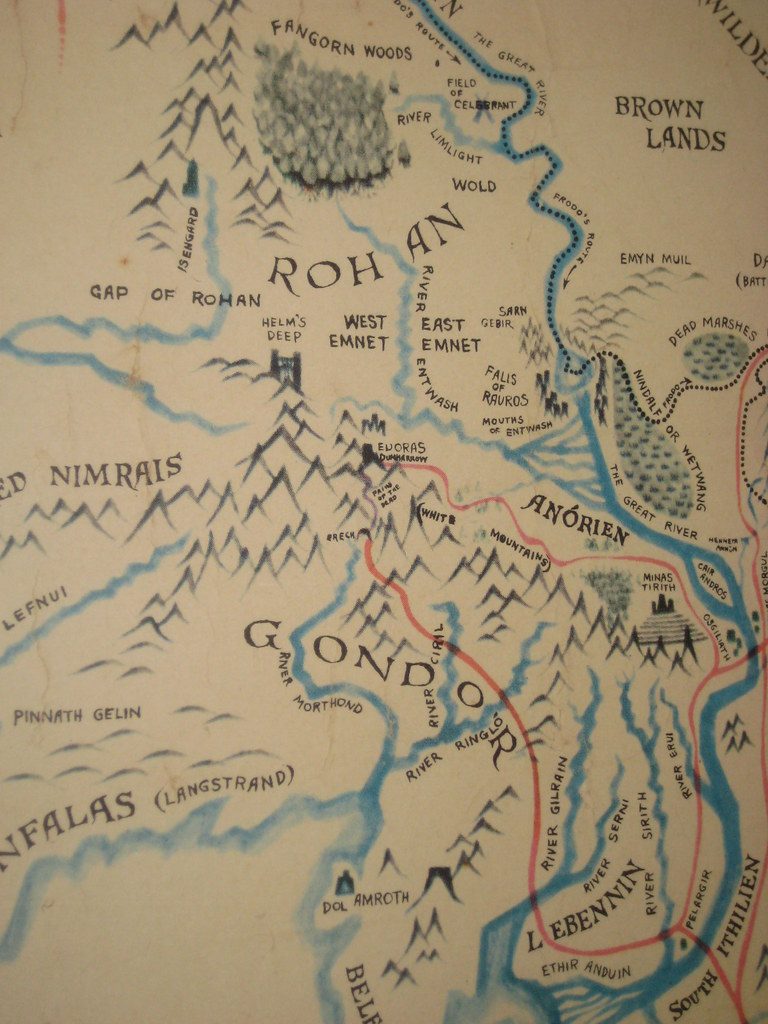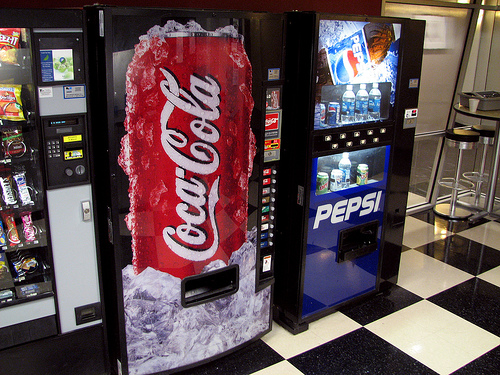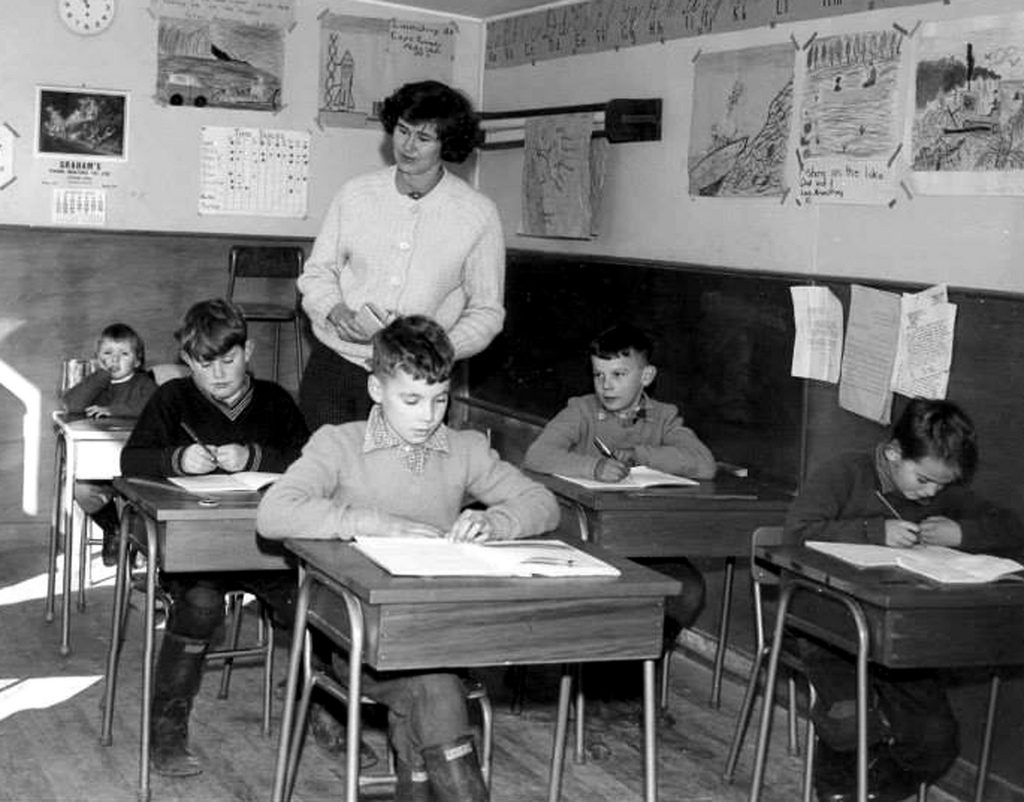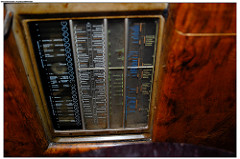Vaccinations are bad… yeah okay. Multiple studies and research have been conducted into finding out if vaccinations are bad – with parents’ biggest fears being the idea autism are caused by vaccinations. If you look up why vaccinations you’ll be bombarded with articles with every reason in the book why vaccinations are bad. But the majority of the information is false news. I’d love to share some articles about this but I do not want to share articles that are false news and this topic is not very relevant to the post. It was just to get your attention, which was successful if you’re reading this post. But it does fit into the topic of fake news and opinions which fits into this week’s final EDTC 400 debate. The topic “Educators have a responsibility to use technology and social media to promote social justice and fight oppression”. One the agreement side we have Jesse and one the disagreeing side we have Daniel. So, let’s see what our final debate consisted of…

Agree
Jesse laid the facts right across the table in this debate. When the topic of social justice and oppression were mentioned, often the topic of politics was brought up – more or less the #carbontaxrallygoing on. Here are some of the points for the agreement side of the debate given by Jesse and my other fellow classmates:
- Staying neutral is problematic
- Students may have questions about topics and by not discussing the topics, students may get the notion that you are against that particular topic and may veered by your avoidance on the issue
- Students need to learn acts such as racism are not acceptable
- Staying silent isn’t that good
- There is no such thing as digital citizenships if you are ignoring any issue in the world
- If you do not talk about fake news and why the news is fake, students will continue to believe it unless they are taught the facts
- One must be smart about what they are saying online and while using technology
- Share effective articles about news stories – use reliable sources
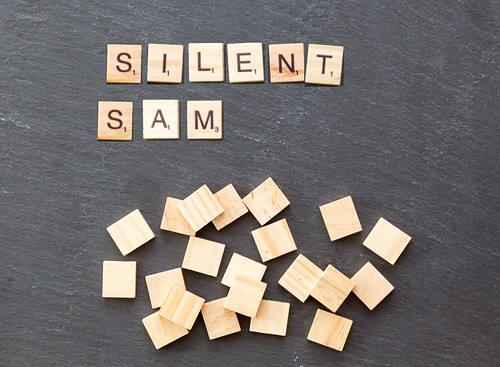
One articlediscusses the good of sharing online. Social media isn’t just a site for one to share the latest assignment their students have completed or a cool idea to incorporate technology into a lesson, it can also be used for helping others. Teachers easily build up quite a network of Twitter followers, I’ve learnt this in my short time using Twitter. With these followers, teachers can share idea of students such as on teachers stating, “I have had success with students using social media to raise awareness for charity drivers,” where awareness for a charity were promoted with the use of technology. This is technology being used for good causes.
‘Education is Political’: Neutrality in the Classroom Shortchanges Students discusses neutrality. The authors say, “neutrality is itself a political choice” meaning staying neutral may be expressing your opinion on the issue. Neutrality is not something which should occur with heavy topics such as the most recent on in Saskatchewan being the Carbon tax. Also, school is political. Look who runs the schools, the government, aka a political organization, therefore, schools are political.
Disagree
I must say, Daniel had a very strong argument to fight against. But once again, like all other disagreeing debaters, Daniel did not back down. Arguments for this side of the debate brought up by Daniel’s video and my other fellow EDTC400 classmates include:
- The education system is political
- Teachers are criticized for doing their jobs. Parents believe only certain topics should be taught, or teachers have an easy career. Incorrect. As I continue my education degree, I have quickly learnt teachers also take the occupation of a coach, nurse, counsellor, and so much more. It’s really a multi-career job with little training in any other career than teaching.
- I could try explaining exactly what Daniel meant by this but he did such a great job I’ll just let you watch his video (and rack up those views for him)
- Students are sponges, they live to learn (for the most part) and they absorb information
- Students spend a lot of time with students. Look at it like this, students spend five days a week for 8 hours with teachers, from September to June. That is a lot of time.
- Students expect the teacher to be knowledgeable
- Question: Did you trust your teacher when they told you 1+1=2? Of course, you did, you trusted the teacher could teach math correctly.
- Teachers may teach students their stance on an issue
- A teacher may wish to tell the students their beliefs even if there are beliefs wrong.
- Ex: If a teacher tells students in a Grade 12 Health class vaccinations cause autism and provide all the “facts” about why vaccinations are bad, some students may believe this and choose not to vaccinate their children due to these false facts given by the opinion of a teacher.
- Teachers may share fake news
- For teacher’s who want to help identify what news is fake or what is real, check out the video below shared by my EDTC mentee Parker!
- https://www.youtube.com/watch?time_continue=1&v=xf8mjbVRqao
- Teachers must keep in mind student’s beliefs
- As Liz mentioned in our debate, an Ontario School had a student’s write letters to the Prime Minister about a world issue and why it was a bad thing. This is forcing students to only see one side of the story and they may not agree with it.
- Let’s look at Saskatchewan. Is having students write a letter to Scott Moe about why oil is bad a good assignment? What is there are students’ whose parents work on the oil fields? Is it just for students to write bad about the occupation that has put a roof over their head, food on the table and clothes on their backs?
- As Liz mentioned in our debate, an Ontario School had a student’s write letters to the Prime Minister about a world issue and why it was a bad thing. This is forcing students to only see one side of the story and they may not agree with it.
One article covers problems which arise when teacher’s put their own beliefs in the classroom without thoroughly explaining what truly happens. A teacher took Grade 3 students to an oil pipeline protest, students though, were not told exactly why oil pipelines may be bad. Students from this class believe they were protesting because “The trees would get black because of the oil…and then the birds would have no homes,” (nine-year-old Zulfiqar Lena). There are problems with this. First, the teacher made this event a class trip, where students were not given the option whether or not to join. Secondly, student beliefs were not considered. Thirdly, students were not told why oil pipelines may be bad causing misbeliefs.
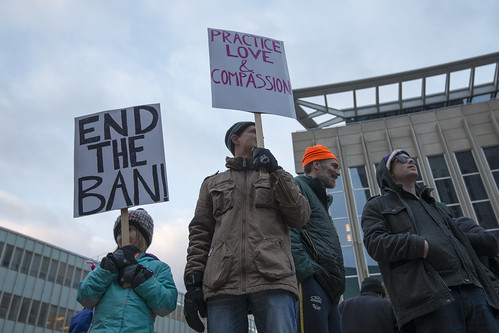
The Verdict
Both sides of the debate have very good points. In the end, I believe do in fact believe “educators have a responsibility to use technology and social media to promote social justice and fight oppression,”. But educators must be cautious. Educators should follow the 5 steps to staying neutral when talking about issues as recommend by one article! Teachers should be knowledgeable to tell the difference between fact and opinion. If an educator is unsure of the topic, it is okay for the educator to tell students they will research it, and bring up the conversation once the teacher feels they have enough knowledge about the topic. Most importantly, students should taught to form their own opinions based on facts and should not be given a biased. I believe staying neutral and not including some of your bias into a conversation may seem challenging, it’s human nature, but as educators, we have to try. Now as I wrap this up, I have a couple questions for you. Are there any topics you wish not to discuss with students? Would you bring someone in the class to discuss that topic so your students could still be informed?
For additional readings check out:
Teacher shown door after Christian school discovers she had sex ‘outside of a heterosexual marriage’
Paula Simons: Jim Keegstra’s haunted legacy; Hate-monger forced Alberta to confront its dark demons
Social Media isn’t for Learning
Thanks for reading,
- Miss. Lang


